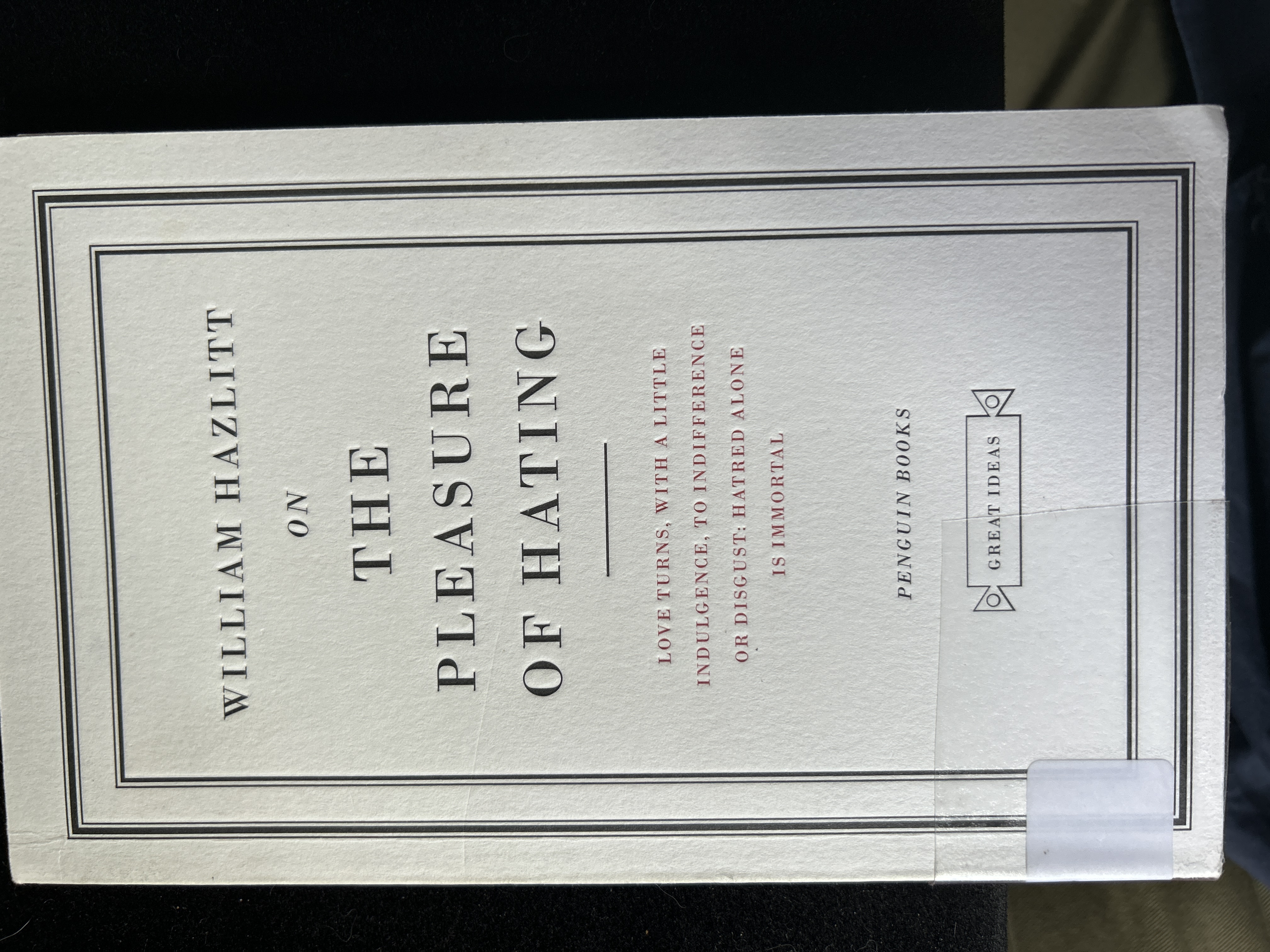Stubsack: weekly thread for sneers not worth an entire post, week ending 5th October 2025 - awful.systems
Dispatch about software being a material, really, not a product category in itself
A video I made about "do less" tech products that should have been software for obsoleted hardware
provocation: innovation can't be stifled because innovation is a response to stifles (constraints)
Academic authors 'shocked' after Taylor & Francis sells access to their research to Microsoft AI








Microsoft launches ‘vibe working’ in Excel and Word